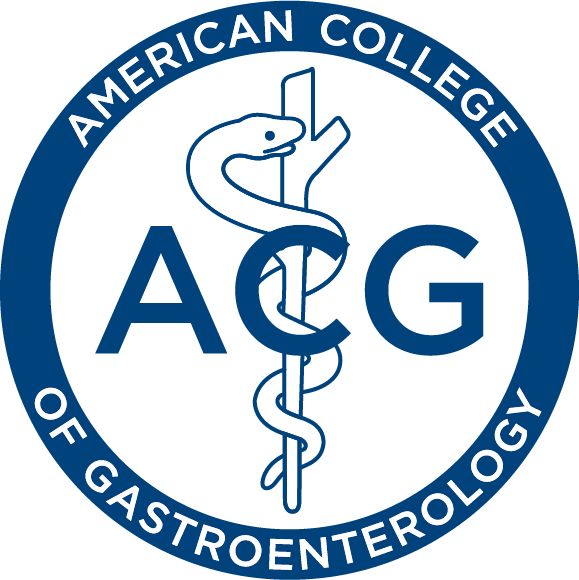San Diego, CA (October 14, 2013)– Childhood and infancy factors have been linked to a predisposition to developing Clostridium difficile (C. difficile) infection, the leading cause of health-care associated diarrhea, according to new research being presented at the American College of Gastroenterology’s 78th Annual Scientific Meeting in San Diego, CA.
According to a survey, data suggests that being born at home, avoiding antibiotics during infancy and childhood, and being breast fed appear to be protective against C. difficile in adulthood. The anonymous 20-question survey was submitted by over 200 patients from medicine inpatient wards and gastroenterology and infectious disease outpatient clinics. The survey was also mailed to patients who have had C. difficile in the past.
Much research is currently being done on the gut microbiota, the microbial population living in the digestive tract, and its role in health and disease. Lead author Ana Maria Crissien, M.D., and her colleagues from Scripps Clinic and Green Hospital, believe that factors influencing the human microbiome at birth and early childhood can influence the microbiome years later.
“Although more studies need to be done to confirm our data, this survey was able to show the influence factors of infancy and childhood that may predispose adults to the development of C. difficile infection. The microbiome is a very active area of research and we will continue to collect data and plan a prospective study to look at the influences on the microbiome and the development of C. difficile,” said Dr. Crissien.
The authors note that decisions regarding birth methods, infant feeding, administration of antibiotics and hospitalization in infants and children should be based on the maternal and infant health and not scientific surveys.
About C. difficileC. difficile infection is due to a toxin producing bacterium that causes a more severe form of antibiotic diarrhea. The spectrum of disease ranges from mild diarrhea to severe colon inflammation that can even be fatal. In the past decade, there has been a dramatic increase in the number and severity of cases of C. difficile infection in the United States. The College has more about the management and prevention of C. difficile in its clinical guidelines.
About the American College of GastroenterologyFounded in 1932, the American College of Gastroenterology (ACG) is an organization with an international membership of more than 12,000 individuals from 80 countries. The College's vision is to be the pre-eminent professional organization that champions the evolving needs of clinicians in the delivery of high quality, evidence-based, and compassionate health care to gastroenterology patients. The mission of the College is to advance world-class care for patients with gastrointestinal disorders through excellence, innovation and advocacy in the areas of scientific investigation, education, prevention and treatment. www.gi.org. View releases on research breaking at the ACG meeting and follow ACG on Twitter and share your live updates #acg2013.
Meeting Link: American College of Gastroenterology's (ACG) 78th Annual Scientific Meeting
MEDIA CONTACT
Register for reporter access to contact detailsCITATIONS
American College of Gastroenterology's (ACG) 78th Annual Scientific Meeting

